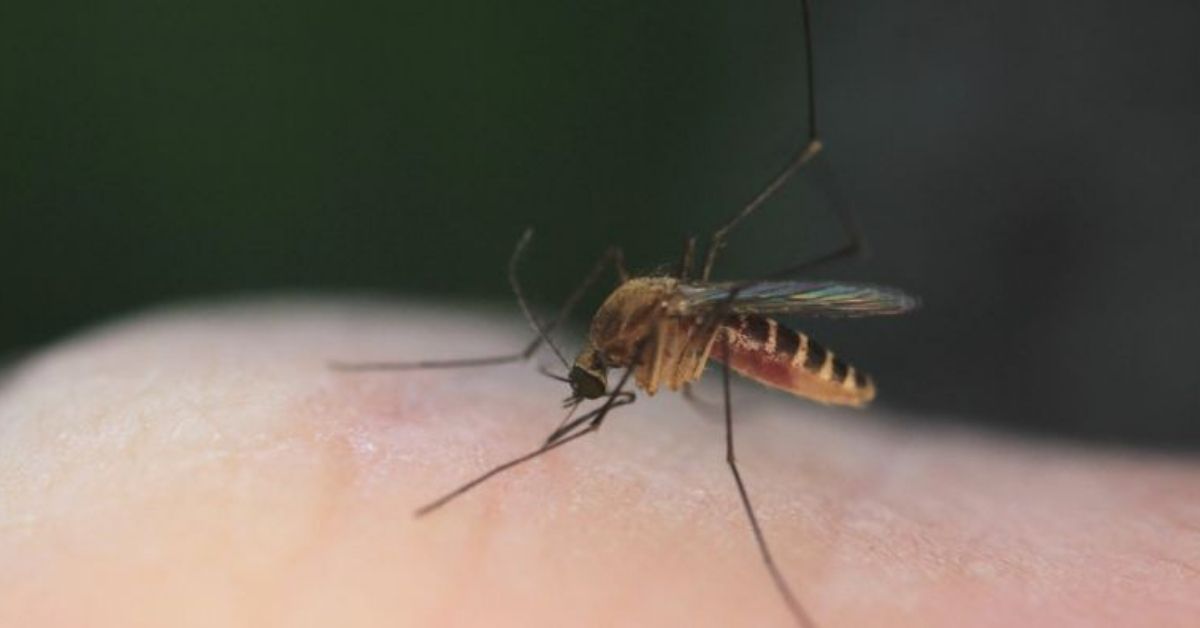Residents of Narrabeen, along with the rest of the Northern Beaches, are urged to protect themselves against mosquito bites by wearing proper clothing as authorities detect the Ross River and Barmah Forest viruses at the Narrabeen Lagoon.
The Northern Beaches Council was advised by NSW Health about the presence of the Barmah Forest virus in May whilst the Ross River virus was detected in March. The viruses come from animals like kangaroos or wallabies but it can be passed to humans due to the mosquito bites.
Symptoms of the virus include joint pain or inflammation that are not fatal but can be debilitating for people of all ages. Additionally, those bitten by the mosquitoes may develop fever, chills, headaches, fatigue, weakness, and rashes that last for seven to 10 days. Many will recover after a week but some may still experience joint pains and tiredness for months.
The Council and NSW Health have established a Mosquito Management Plan given the number of mosquito species in the area. There is no vaccine for these viruses.
Instead, the experts advise the following protection and safety measures:
- Cover up with a loose-fitting long-sleeved shirt and long pants when outside.
- Apply mosquito repellent to exposed skin.
- Take special care during peak mosquito-biting hours, especially around dawn and dusk.
- Remove potential mosquito breeding sites from around the home and screen windows and doors.
- Take extra precautions when travelling or camping in areas with a higher risk of mosquito-borne diseases.
Mosquitoes also thrive in very small amounts of water pooling, such as in basins or pots left open in the backyard. To reduce the risks, Council advised the following:
- Clean up your backyard and remove all water-holding rubbish, including tyres and containers.
- Keep your lawn mowed.
- Flush and wipe out birdbaths and water features once a week.
- Fill pot plant bases with sand to avoid standing water.
- Store anything that can hold water undercover or in a dry place, and keep bins covered.
- Flush out the leaves of water-holding plants such as bromeliads once a week.
- Keep drains and roof guttering clear to avoid standing water.
- Cover or securely screen the openings of septic tanks and rainwater tanks.
- Ensure tarpaulins covering boats or trailers do not collect water.
- Use fly screens on doors, windows and consider screening chimneys, vents, and other entrances.
More details are on the NSW Health Mosquitoes Fact Sheet.








